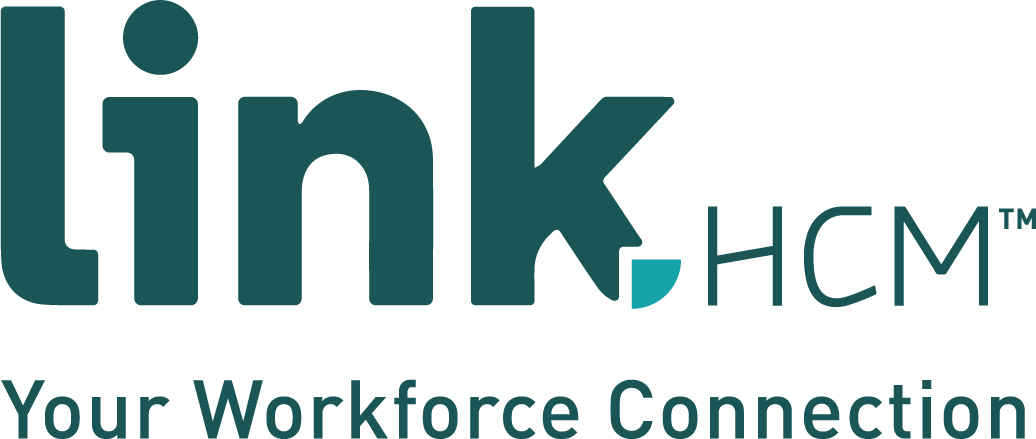
Each year, in addition to all year-end tasks and documentation, HR professionals prepare for a slew of compliance updates and changes as the year comes to a close.
And, after a complicated 2020 with many updates for HR and payroll professionals, it's to be anticipated that this December comes with more updates than ever before.
Below, we've outlined the top 4 updates you need to keep an eye on as you wrap up the year.
1. $900 Billion Stimulus Package passed 12/21/20, Impacts PPP, Tax Credits and More.
Congress passed a $900 billion stimulus package, including direct payments to Americans and enhanced unemployment benefits. Here is what businesses need to know:
Paycheck Protection Program Round 2
$248 billion was allocated to replenish the Paycheck Protection Program and allow for small businesses impacted the most to draw a second round of funding. It also includes $20 billion in grants for companies in low-income areas and money set aside for loans from community-based and minority-owned lenders.
Currently no date is set for the Paycheck Protection Program to reopen, but the bill requires the SBA to establish regulations no later than 10 days after the legislation is signed into law.
Congress also agreed to allow PPP borrowers to deduct PPP expenses from taxes, and borrowers no longer have to include loan forgiveness in income. This means big savings for businesses, as these expenses were not tax-deductible under the IRS's previous guidance.
Payroll Tax Credits
The bill does not extend the FFCRA, but it does provide tax credits for employers who offer paid sick leave based on the FFCRA framework through March 2021. In other words, you are not required by law to provide paid sick leave after December 31, but the employer-side social security payroll tax credit will still be available if you do. (see more in #2)
Employee Retention Credit
The bill extends the Employee Retention Tax Credit through July 2021 and increases the refundable credit from a maximum of $5,000 to $14,000. The bill also clarifies that businesses can now take the Employee Retention Tax Credit and participate in the PPP.
Deduction of Business Meals
About $5 billion is included in the bill to expand the deduction of business meals to 100% for 2021 and 2022 to encourage business owners to return to restaurants.
Unemployment Benefits
$300 a week in enhanced unemployment benefits through mid-March and an extension of the Pandemic Unemployment Assistance and Pandemic Emergency Unemployment Compensation programs that expanded unemployment benefits eligibility and allowed for continued payments after state assistance ran out.
Stimulus Checks
Direct payment checks up to $600 for U.S. adults and children. If you made more than $75,000 in 2019, your payment decreases by $5 for every $100 of income above the threshold.
2. FFCRA leave is extended to 3/31/21, but optional for employers starting 1/1/21.
Thanks to the newly passed stimulus package outlined in Update #1, tax credits for paid leave was extended to March 31.
This new law answers the question of whether federal Emergency Paid Sick Leave (EPSL) and Emergency Family and Medical Leave (EFMLA) will be extended.
The answer is yes, but it's an option, not a requirement. Here's what employers need to know:
- Offering EPSL and EFMLA after December 31 will become optional for employers.
- An employee will no longer be entitled by law to take EPSL or EFMLA, even if they have a qualifying reason.
- Employers who choose to offer these paid leaves can still receive a tax credit if they follow the current EPSL and EFMLA rules, including job protection.
- The extension of the tax credit will be available for leaves taken through March 31, 2021.
- With one possible exception (see below), employees will not get new hours to use -- the unused portion of their original allotment that remains on January 1 is how much they will be able to use through March 31. For instance, if an employee who was entitled to 80 hours of EPSL between April 1 and December 31 used 40 of those hours in 2020, they'd have 40 hours left to use between January 1 and March 31, 2021.
Employers who choose to offer EFMLA after December 31 will need to provide a new bank of 12 weeks if their regular FMLA year is the calendar year or another fixed 12-month period that resets before March 31.
3. The EEOC issued guidance, and yes, employers can require the COVID-19 Vaccine.
As COVID-19 vaccines have begun to roll out over the last few weeks, the EEOC issued COVID-19 vaccination guidance on December 17, 2020 (see Section K at this link).
This guidance answers some key vaccine-related questions for employers - here are 4 of the biggest questions and answers for HR professionals to keep in mind.
Can I mandate the COVID-19 vaccine?
Yes you can, with some exceptions. Per the EEOC, essentially employers can require employees to get vaccinated as a condition of going to work. But, employers must exempt employees with disabilities and religious objections. In those cases, a reasonable accommodation must be offered to the employee -- such as working remotely or being reassigned, as long as the accommodation doesn't cause "undue hardship" for the employer.
Can I exclude unvaccinated employees from the workplace?
Yes you can, if no reasonable accommodation is possible and the employee is unable to be vaccinated. But, note that the EEOC clarifies that “this does not mean the employer may automatically terminate the worker. Employers will need to determine if any other rights apply under the EEO laws or other federal, state and local authorities.”
Can I ask employees for proof of receipt of a COVID-19 vaccine?
Yes you can. Employees receiving a COVID-19 vaccine approved or authorized by the FDA will not be considered a “medical examination” for purposes of the Americans with Disabilities Act, meaning employers can ask employees for proof of a vaccine.
However, be cautious about pre-screening vaccination questions, which may violate the ADA’s provision on disability-related inquiries. Types of questions to watch out for include “inquiries likely to elicit information about a disability,” the EEOC said in its guidance. “If the employer administers the vaccine, it must show that such pre-screening questions it asks employees are ‘job-related and consistent with business necessity.'”
Does asking about the COVID-19 vaccine trigger GINA?
No, the EEOC says that employers that administer a COVID-19 vaccine or ask employees to show they’ve been vaccinated aren’t triggering the Genetic Information Nondiscrimination Act (GINA). The purpose of GINA is to shield people from workplace bias based on their genetic information.
However, pre-screening medical questions that seek genetic information before administering a vaccine could implicate GINA. “If the pre-vaccination questions do not include any questions about genetic information (including family medical history), then asking them does not implicate GINA,” the EEOC says.
Read More Here from HR Executive.
4. The Federal contractor minimum wage will be increasing on January 1, 2021.
Federal employment law sees limited change from year to year. But, based on the Consumer Price Index, the federal contractor minimum wage will be increasing to $10.95 per hour on January 1.


Leave a Comment